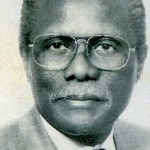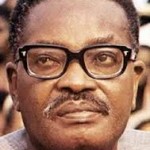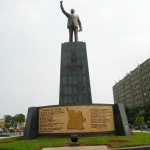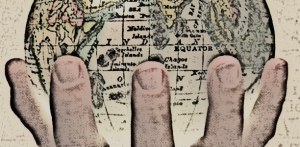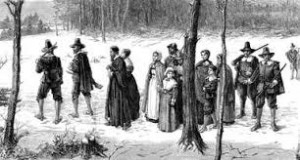On February of this year al Aljazeera website they posted the following article
Bulawayo, Zimbabwe – On February 21, Africa’s oldest sitting head of state, President Robert Gabriel Mugabe of Zimbabwe, turns 90. At the helm since the country’s independence in April 1980, Mugabe – once a shy and studious boy who kept company with Catholic priests – became Zimbabwe’s most renowned freedom fighter whose distinct brand of nationalism, pan-Africanism and authoritarianism has enabled him to rule the country for 34 years.
Armed with revolutionary zeal and degrees in education, economics and law earned during his 11-year incarceration, Mugabe’s early policies sought to improve the lives of the disadvantaged. However, as time wore on, the chaotic struggle unleashed by Mugabe’s more controversial policies on land reform, black empowerment and war veterans brought the country to its knees.
So in this blog I will be talking about Bulawayo and what he did and contributed to Zimbabwe.
According to the worldbank, SOCIO-ECONOMIC JUSTICE AND MUNICIPAL SERVICES PROJECT IN HARARE, BULAWAYO AND MUTARE
- Baseline surveys
- Detailed Expenditure Tracking systems
- Training Tool Kits
- Training of Trainers
- Documentaries
- Popular Budgeting Monitoring and Evaluation
- Loan tracking
- Public Meetings
And for the sake of this initiative the following advocacy was used:
- Training of Councilors on Public Finance
- Roundtable discussion with Council Treasury
- Training of Journalist on Municipal Reporting
- Parliamentary Advocacy
- Participation in the Zimbabwe Social Forum.
The intervention is based on capacity building and technical assistance to Residents Associations. More sharing is at the level of civil society where Zimcodd works using the coalition concept.
The same issues are shared with regional networks and international justice coalition with increased interface in critiquing privatization policies, international debt crisis, unfair trade regime and regional integration as espoused by NEPAD/Africa Union, World Trade Organization (especially the General Agreement in Trade and Services, SADC Trade Protocol, etc.)
The impact is difficult to measure given that the project is still in its infancy and without adequate resources. However, the project is becoming popular with civic organizations and local authorities.
The initiative is institutionalized in Zimcodd. It falls under the Policy and Advocacy Program. On this project, Zimcodd works in liaison with the Parliamentary Committee on Local Government and National Housing. Zimcodd also works with the Finance Committee in the Ministry of Finance and Economic Development and the Ministries of Local Government and Public Service, the Ministry of Finance and Economic Development, Ministry of Public Service Labour and Social Welfare.
Zimcodd also has international links with Institute for Democracy IDASA (South Africa), the International Budget Project (USA) and Christian Aid (UK). This linkage will be developed to facilitate exchange study visits on the use of participatory budgeting, score cards and alternative public finance revenue sources. The initiative will be scaled up. At the moment focus is on conceptualization.
Zimcodd is profiling Municipal Debts. Research work in progress on Municipal Budgets in three main urban areas Harare, Mutare and Bulawayo.
Popular Budgeting is a welcome exercise. However, there is no sufficient interaction between research institutions, NGOs and residents. The Zimcodd project has been failing to take off the ground as a result of these bottlenecks especially when there are financial constraints. Zimcodd is making this effort a program with full time researcher and involve a wide reference group of players to make the project a success.
http://www.aljazeera.com/indepth/features/2014/02/zimbabwe-controversial-leader-turns-90-2014218112154224986.html
http://www.google.com/url?sa=t&rct=j&q=&esrc=s&source=web&cd=1&ved=0CB4QFjAA&url=http%3A%2F%2Fwww.worldbank.org%2Fsocialaccountability_sourcebook%2FRegional%2520database%2FCase%2520studies%2FAfrica%2FZimbabwe%2520-%2520Socio-economic%2520justice%2520and%2520municipal%2520services%2520pro.doc&ei=S288VN3dPMuONuHpgdgF&usg=AFQjCNG-0TP-k9zlVwVk0noNwVJr7XQrNA&sig2=Z8SHEmGLoWHhHhFKH_2ArA&bvm=bv.77161500,d.eXY



